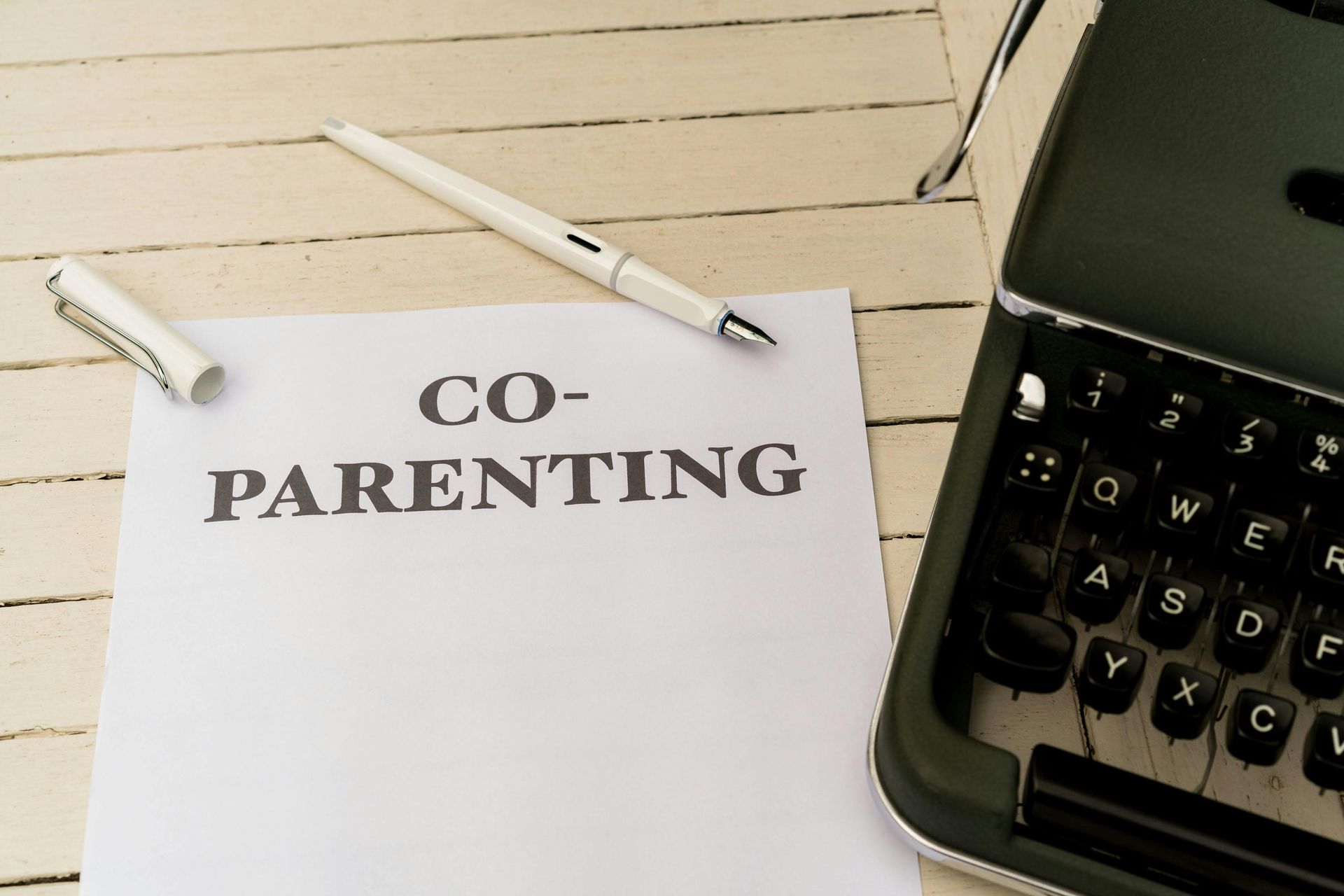Understanding U.S. Laws on Hitting Your Children: What Parents Need to Know
Parenting is a deeply personal journey, shaped by culture, upbringing, and values.
One of the most controversial aspects of parenting is discipline—specifically, whether it’s ever legal or appropriate to hit your child. In the United States, the laws surrounding physical discipline are complex. While some forms of corporal punishment are still legal in certain states, there are clear legal limits to what is acceptable. Understanding these boundaries is essential for protecting children and avoiding criminal charges.
Is It Legal to Hit Your Child in the U.S.?
In most U.S. states, parents are legally allowed to use “reasonable” physical discipline on their children. However, there’s a fine line between what’s considered reasonable and what constitutes abuse.
The legality of hitting a child varies depending on:
· State laws
· The severity of the discipline
· Whether an injury occurred
· The intent behind the act
Generally, mild physical discipline such as a light spanking is not automatically considered child abuse. But once it results in injury or is done excessively, it can cross the line into criminal behavior.
Corporal Punishment vs. Child Abuse
Corporal punishment is the intentional infliction of physical pain as a method of discipline. Common examples include spanking, slapping, or smacking. While controversial, it is not illegal in many states if done in moderation and without leaving lasting marks or injuries.
Child abuse, on the other hand, involves harm or risk of harm to a child, either physically or emotionally. This includes:
· Hitting that causes bruises, cuts, or other injuries
· Using belts, cords, or other objects to strike a child
· Punching, kicking, burning, or shaking a child
· Any discipline that humiliates, terrorizes, or emotionally scars the child
Each state defines child abuse differently, but they all agree that abuse is illegal and punishable under criminal law.
What Do the Courts Consider?
When determining whether physical discipline is legal or abusive, courts consider several factors:
1. Age of the child: Very young children (toddlers and infants) are especially vulnerable. Hitting a small child is more likely to be seen as abuse.
2. Method used: Using objects (like belts or wooden spoons) raises more red flags than a bare-handed spanking.
3. Injury or pain caused: If the punishment leaves bruises, welts, or other injuries, it’s more likely to be classified as abuse.
4. Frequency and duration: A one-time incident is judged differently from repeated or prolonged punishment.
5. Intent: Was the parent trying to discipline the child, or was it an act of anger or frustration?
Each case is unique, but the presence of injury, trauma, or excessive force can lead to criminal charges, child protective services involvement, and even loss of custody.
State-by-State Differences
U.S. states have significant variations in how they interpret and enforce laws about corporal punishment.
· States like Texas, Florida, and Georgia generally allow reasonable corporal punishment, provided it doesn’t cause injury.
· States like Minnesota and Massachusetts have stricter guidelines and are more likely to intervene when physical discipline is reported.
· California and New York have laws that explicitly prohibit certain types of physical discipline and prioritize children's welfare in custody decisions.
It’s important for parents to research the specific laws in their state or consult a family law attorney if in doubt.
Child Protective Services (CPS) and Legal Consequences
When someone reports that a child has been hit—whether it’s a neighbor, teacher, or doctor—Child Protective Services may launch an investigation. Even if the discipline was intended as a form of punishment, parents may still face serious consequences:
· CPS investigations and home visits
· Mandatory parenting classes
· Court-ordered supervision
· Temporary or permanent removal of the child from the home
· Criminal charges such as child abuse, assault, or endangerment
Parents who are charged may face fines, probation, or even jail time, depending on the severity of the incident.
Cultural and Historical Context
Historically, corporal punishment was not only legal but widely accepted in both homes and schools. Over time, research on child psychology and development has shown that hitting children can have long-term negative effects, including:
· Increased aggression
· Lower self-esteem
· Mental health challenges
· Strained parent-child relationships
This growing body of evidence has influenced both legal reforms and public opinion. While some parents still believe in the effectiveness of physical discipline, many are turning to non-violent alternatives.
Alternatives to Physical Discipline
Given the risks—both legal and emotional—associated with hitting children, many experts advocate for positive discipline strategies that promote healthy behavior without harm:
- Time-outs: Removing the child from the situation to calm down and reflect
- Loss of privileges: Taking away toys, screen time, or outings as a consequence
- Natural consequences: Allowing children to learn from their actions without physical punishment
- Reward systems: Encouraging good behavior through praise and incentives
- Clear communication: Setting boundaries and explaining expectations in age-appropriate ways
Parenting can be challenging, especially when emotions run high. However, physical punishment is rarely the best solution and may cause more harm than good.
International Perspective
The United States is one of the few developed countries where physical discipline in the home remains legal. Nations like Sweden, Germany, and New Zealand have outlawed all forms of corporal punishment, even by parents. These legal shifts reflect a global movement toward prioritizing children's rights and protection.
Final Thoughts
While it may be legal in many U.S. states to spank or hit your child as a form of discipline, it must be done within strict boundaries. Crossing the line—even unintentionally—can result in criminal charges and lasting damage to your relationship with your child.
As societal attitudes continue to evolve and laws become more protective of children’s welfare, parents must stay informed. Understanding your rights and responsibilities under the law is the first step toward safer, more effective parenting.
If you ever feel overwhelmed or unsure about how to handle your child’s behavior, consider reaching out to parenting support groups, counselors, or child psychologists.
More Family Law Blogs
by Anne Harvey









